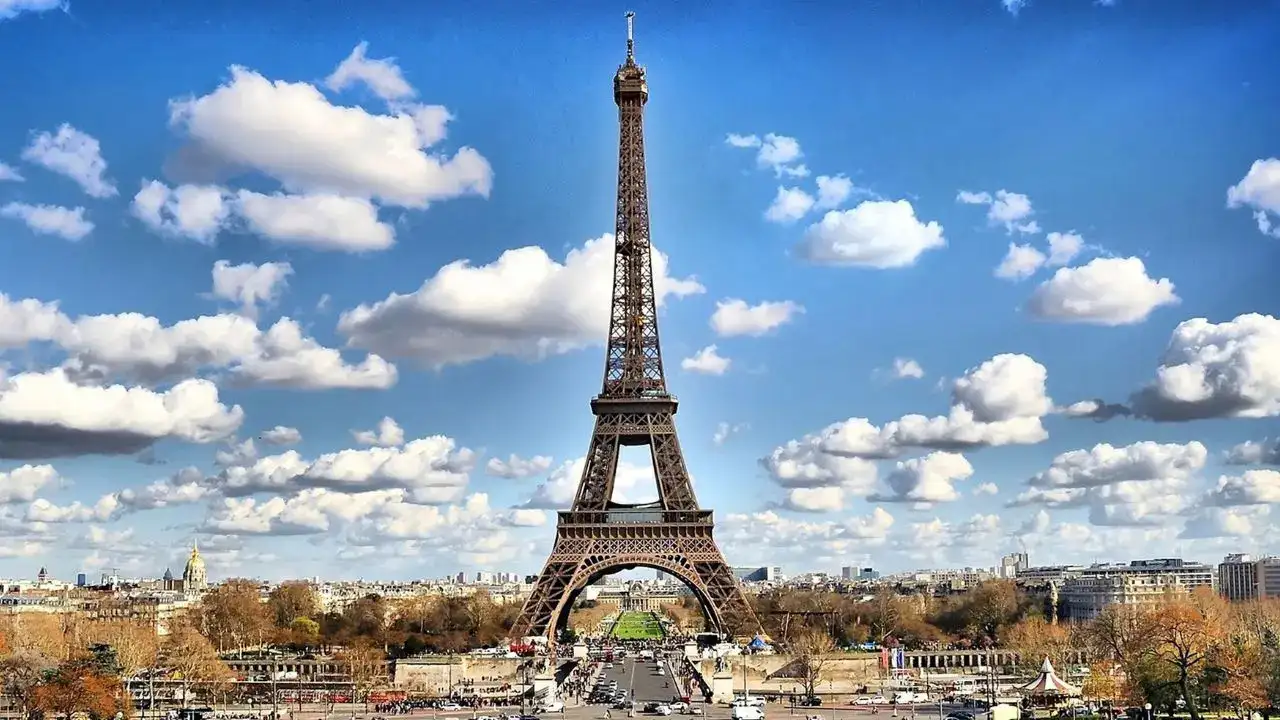By Akanksha Arora
Europe is currently experiencing an extreme heat wave and if you have any trips planned in the coming days, it is very important to stay informed. According to reports, a marine heatwave from the Mediterranean is combining with a heat dome over central Europe. This is causing an extreme heatwave, affecting many popular tourist destinations in southern Europe. Travel advisories have been released by authorities in the United Kingdom, Germany, Sweden, Norway, Austria, and many other countries. This has also led to the closure of many main cities and tourist spots. In Paris, the Eiffel Tower was closed on July 1 and July 2, because the city was under a red heatwave warning. Many towns and cities in France also sat the thermostat pass 100 degrees (37 degree Celsius) on June 30. In Portugal, the city of Mora cracked 115.9 degrees (46 degree Celsius) the same day. In El Granado, Spain, temperatures soared to 114.8 degrees (46 degree Celsius). June 2025 is being deemed as the hottest June in Spain on record. A tourist died in Majorca due to the heat. In fact, Sweden also put out an advisory about Spain that states, “Lasting for at least four days, a severe heat wave is expected to hit large parts of the country. In some places, temperatures will exceed 40 degrees. Periods of high temperatures can be stressful on health.” To escape the heat, travellers can seek out shaded public parks, swimming pools, and underground tours in major cities. Public parks provide a natural refuge from the sun, while swimming pools offer a chance for a refreshing dip. Many European cities also feature underground locations, like ancient catacombs in Paris and Rome, which remain significantly cooler than surface temperatures. Additionally, historic cathedrals and churches often provide a welcome respite with their thick stone walls that help maintain lower temperatures. Health and Safety TipsAs the heatwave continues, it is crucial for travellers to prioritise their health. Here are some essential tips: Stay Hydrated: Drink plenty of water throughout the day, particularly if engaging in outdoor activities. Avoid alcohol and caffeine, which can contribute to dehydration. Dress Appropriately: Wear light, breathable clothing, and consider using hats and sunglasses for additional protection against the sun. Use Sun Protection: Apply sunscreen with a minimum SPF of 30 to prevent sunburn, especially if spending extended periods outdoors. Modify Sleep Environments: Heat can disrupt sleep patterns, so try to sleep in cooler areas or use fans to improve airflow.
